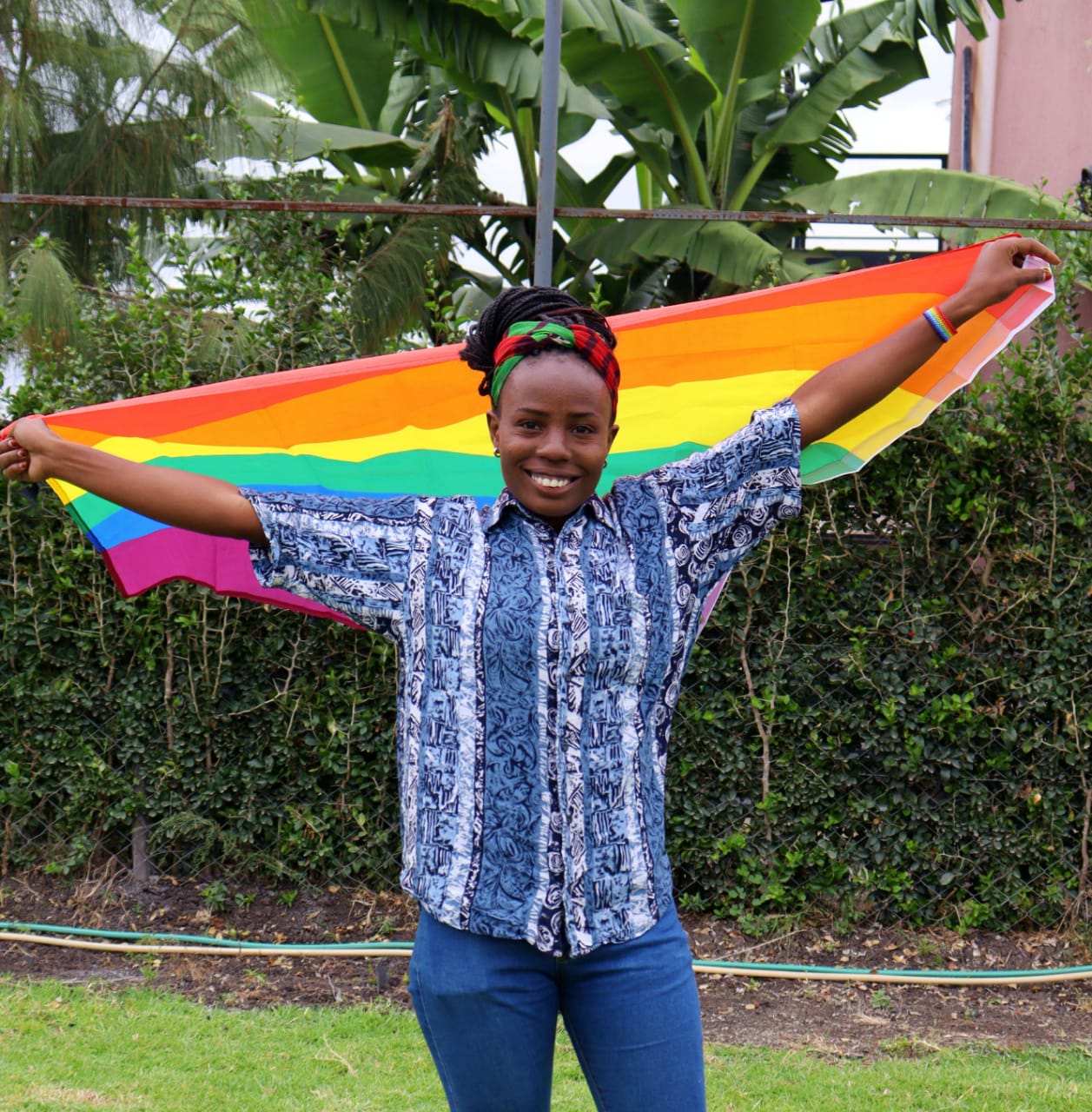




Sexual orientation refers to the identity or gender to which an individual is sexually, emotionally and romantically attracted to. Sexual orientation thus includes heterosexuality and homosexuality (LGBTQIA+) etc.
Gender identity is an individual’s concept of themselves as male, female, non-binary etc., which can be the same or different from the gender one is assigned at birth.
In any election period, LGBTQIA+ persons should have access to equal rights to practice their democratic rights through voting. They should be allowed to freely express themselves and their political views without fear of discrimination, have equal rights to run for office and be allowed to access to public amenities without the fear of discrimination.
This political right is provided for in Chapter 4, article 38 of the constitution of Kenya 38 that states that every adult citizen has the right, without unreasonable restrictions, to register as a voter, to vote by secret ballot in any election or referendum and to be a candidate for public office. However, this is not the case with queer person(s) being hindered participation in what is supposed to be a democratic right. They face rejection from families, mental health and social stigma, imported fear or homophobia, violence and discrimination.
Other challenges facing the LGBTQ+ community include inaccessibility to reproductive health care services and commodities, internal displacement from their residential spaces, unemployment, being targeted, attacked and harassed frequently during political rallies and even violation of their safe spaces. Lack of information, awareness and sensitization on their rights as voters also hinders queer persons from effectively and fully taking part election processes. These challenges make it unsafe for queer persons to come up front and practice their democratic rights since the whole election process exposes them to the risk of becoming targets and getting attacked in public, political spaces and poling centers.
Being among the minority groups, LGBTQIA+ persons are criminalized in reference to penal code article 162(a) and (c) 163 and 165 of the constitution that states;
❖ It is a felony for any person to have “carnal knowledge of any other person against the order of nature”, or to permit “a male person to have carnal knowledge of him or her against the order of nature”, this is punishable by up to 14 years imprisonment. This hence creates fear of coming up front and the lack of data in political participation of queer persons makes it hard to measure the level of inclusion in political spaces.
The recognition of intersex person[s] as the third gender in the previous census was encouraging and a way forward in their inclusion. However, there are still challenges for gender-fluid and trans gender person[s] to participate in election processes since identification documents do not align with their gender expression.
Violence and discrimination against the queer community during political rallies is often incited by homophobia making it difficult for the community to attend political events. Homophobia, social stigmatization and social anxiety means gender fluid persons live in a constant state of paranoia, thus making them more vulnerable and endangered. This also contributes to “Election Stress Disorder”, a condition characterized by mixed feelings, mood swings associated with hopelessness, despair and helplessness during and after the election period. They also face insecurity and other stressors associated with gendered violence.
The following should be done to ensure inclusivity of the LGBTQ community in electoral processes;